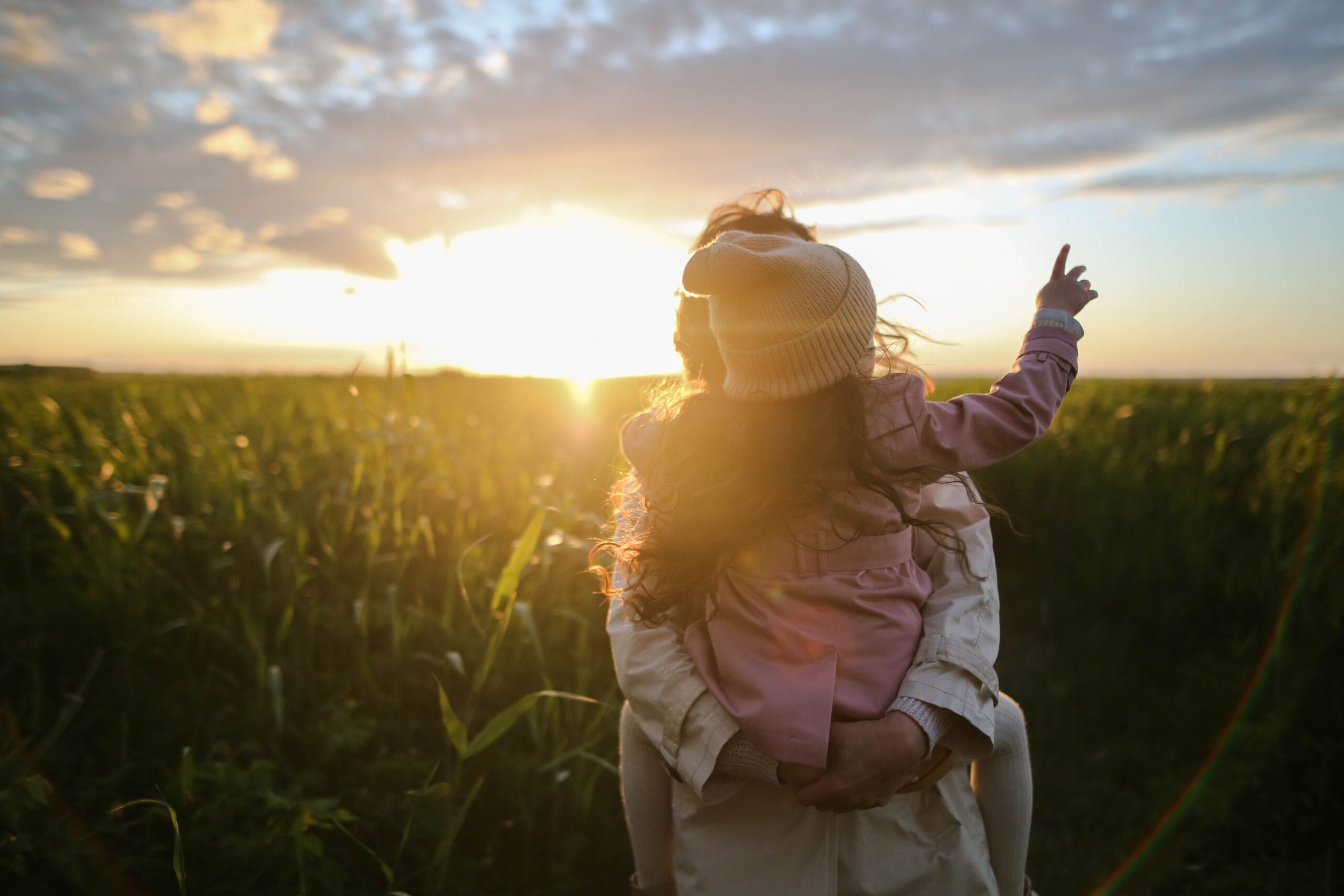My brother Grant was to arrive in Denver on Wednesday, August 27th, 2014, to visit me. But two days before he died by suicide.
Grant was incredibly successful in his career. He was adored by his family. He had close friends. He had other friends, who weren’t as close. He had friends coming out of his ears. Never before had he threatened suicide, nor made an attempt. In fact, he seemed… well, happy. Needless to say, his death was a shock to all who knew him.
That was six years ago. I was pregnant with my second son at the time, and though I didn’t know it then, Grant’s suicide would propel me on a journey I wouldn’t have taken otherwise. Losing my brother did not just shatter my world. It shattered my worldview. I didn’t think people like Grant took their own lives. But as it turns out, even those who are charming, handsome, witty, successful, supported, and loved are not immune from suicide.
In the years following Grant’s loss, I made it my mission to understand how and why life sometimes goes off the rails. Being a mom added a special urgency to this mission. After all, we parents go to great lengths to protect our children. And still, years later, I have not been able to make sense of my family’s tragedy.
After much research, what I did land on, however, was the importance of resilience—the ability “to bounce back.” Honestly, it was a bit deflating at first. Bounce back? How does this bounce back happen? When does it happen? They say resilience is not something you either have or you don’t. And yet, it’s not like mindfulness either, where you do some meditating, practice being present, and you can achieve varying degrees of it. How the heck do you get resilient? And more importantly, how do you make your children resilient?
Experts tell us resilience is a combination of tools and qualities—both innate and learned—that help you thrive in the face of adversity. Fine. Except what is that perfect cocktail of tools and qualities that will really make your kid resilient?
I recently read a great article from the Positive Psychologists entitled, “30+ Tips for Building Resilience in Children.” Thirty!! That’s a lot of ways to build resilience! But the beauty of it is, you don’t need them all. In the language of my kids, it’s okay that you don’t know how to wield a light sabre if you’re decent with a Bat-arang or you’ve got a pocketful of fairy dust.
Resilience is, most basically, a tolerance for stress. Different people cope in different ways, so naturally there are many things that can make a person resilient.
A few years ago, it occurred to me that we could talk to our kids about many of the social emotional concepts needed for resilience, provided we did it in fun and interesting ways. I created The Biggies Conversation Cards, which do just that. Not only do they focus on topics that build resilience such as listening, risk-taking, and gratitude, but the very act of discussing big topics with your children fosters communication skills and meaningfully connects participants—perfect resilience training. Each of the 25 cards centers on a different social emotional concept. They’re uniquely illustrated, and include short exercises, fun facts, real world examples, and quotes from well-known movies and beloved icons.
Please visit www.thebiggiescards.com to learn more. Together we can make meaning out of adversity.
* A portion of the proceeds are donated to The American Foundation for Suicide Prevention.

